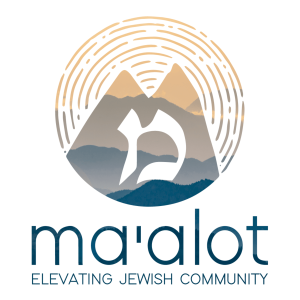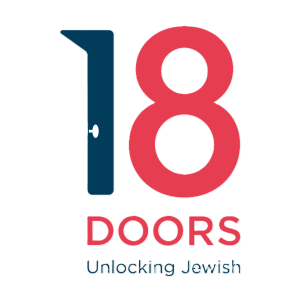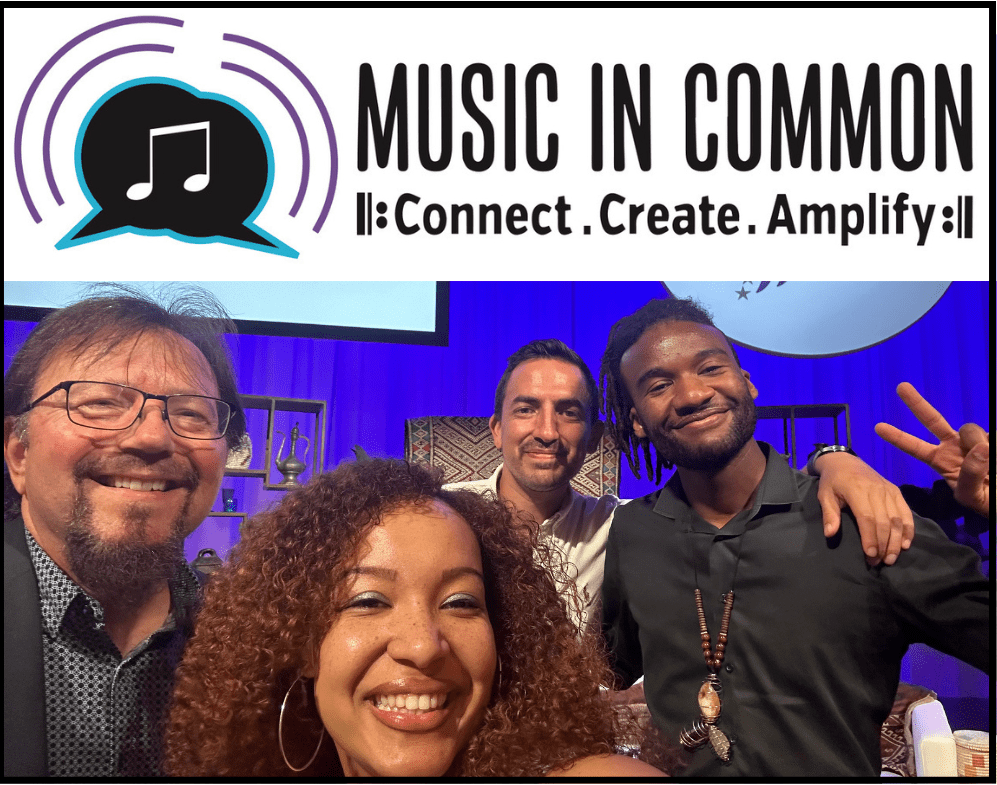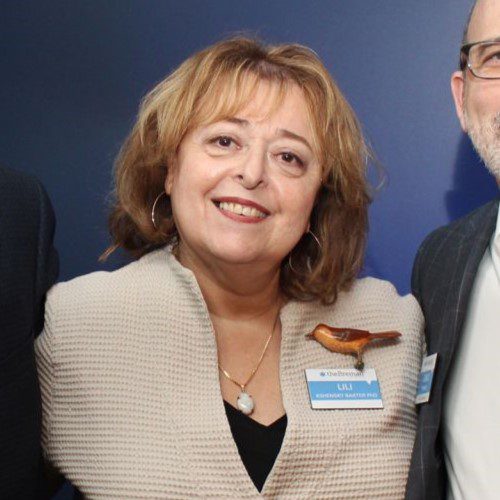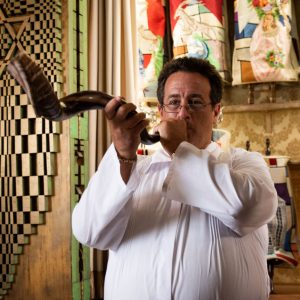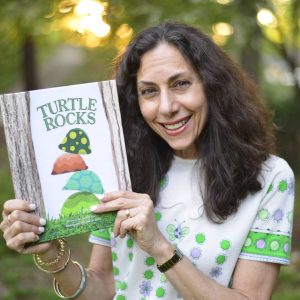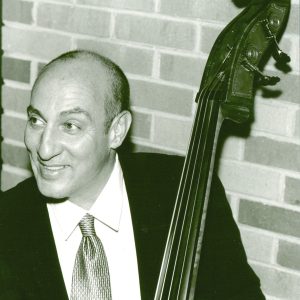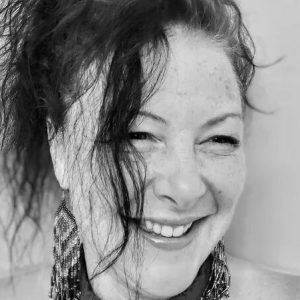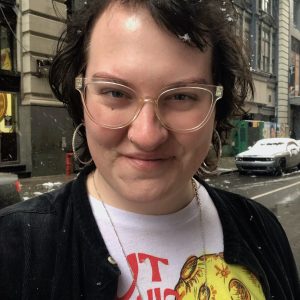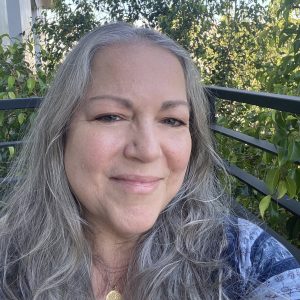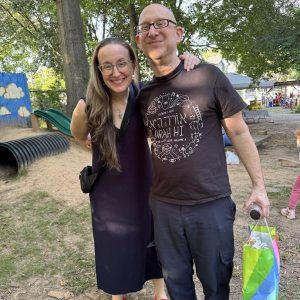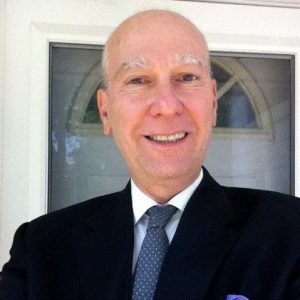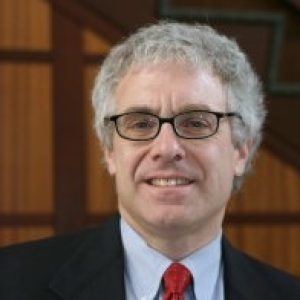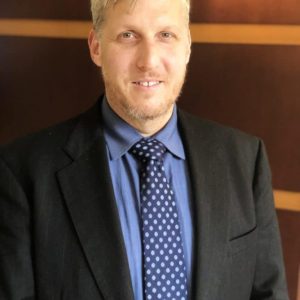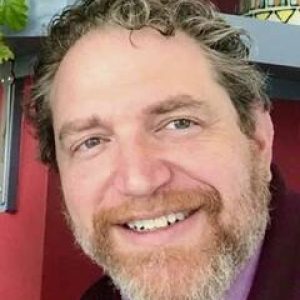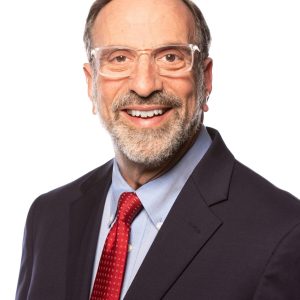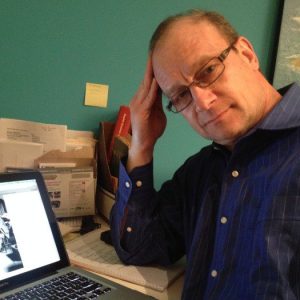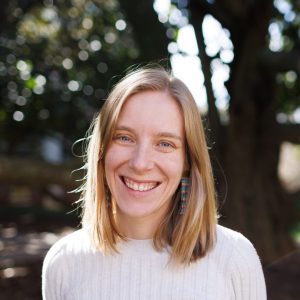A Reflection On the Life of Rabbi Arnold Goodman
By Rabbi Neil Sandler
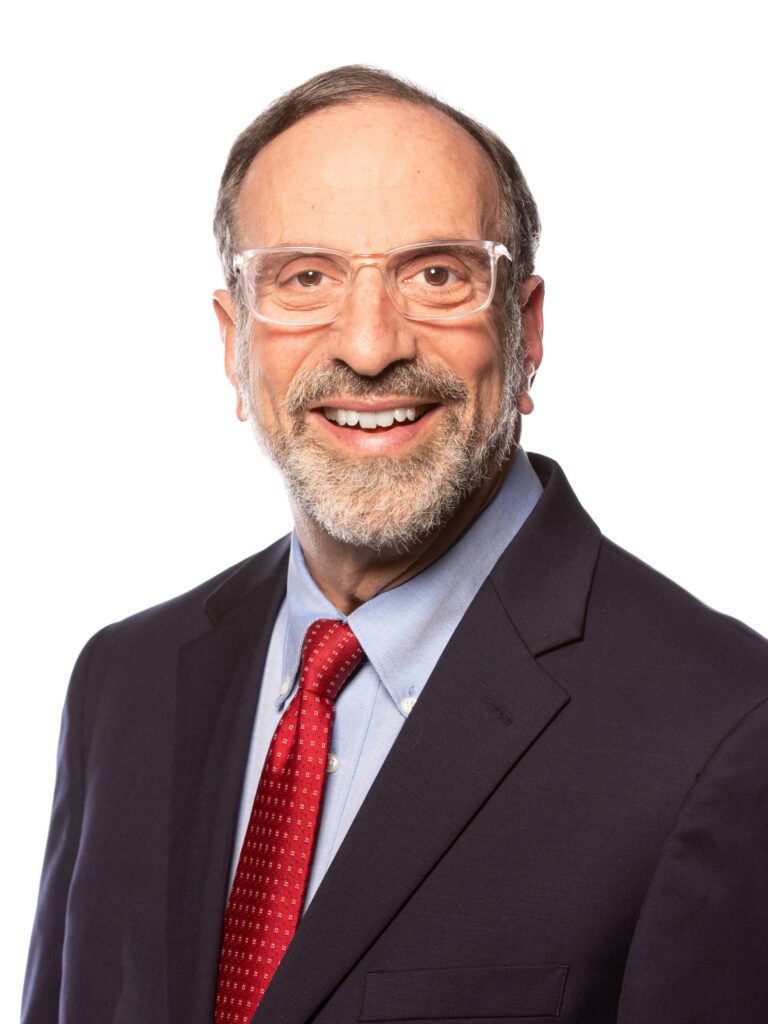
When I think about Rabbi Arnold Goodman, of blessed memory, I almost invariably first remember my pre–Bar Mitzvah experience with him. In those days at the Adath Jeshurun in Minneapolis, Bar and Bat Mitzvah celebrants did not offer a D'var Torah on the weekly Torah Portion or Haftara. Instead, we wrote original prayers we offered at the end of the Torah Service as the Torah Scroll was returned to the Ark. Prior to my Bar Mitzvah, I wrote my draft prayer and sent it to Rabbi Goodman for his review. On the appointed day, my father and I went to the Adath office to pick up my final draft, as "edited" by Rabbi Goodman. This was the moment when I discovered that Rabbi Goodman was a magician! I hardly recognized a word in my prayer! Presto chango! It was all so different from what I had written! Today, more than fifty years after my Bar Mitzvah, I can remember only one phrase in that prayer, "As I don this tallit…" I remember turning to Dad after reading that phrase and asking, "Who is 'don' and what is he doing in my Bar Mitzvah prayer?!"
That was hardly the only "magic" that Rabbi Goodman performed over the course of his long and distinguished career in the rabbinate. If "magic" can loosely be thought of as envisioning and creating what might seem unimaginable, Rabbi Goodman truly was a magician. More accurately, he was a visionary and a model to learn from and emulate, especially for rabbis who served Conservative congregations. In Minneapolis and then here at Ahavath Achim, Rabbi Goodman brought a vision and plan to implement full egalitarian participation in worship. In 1975, the Adath Jeshurun, under Rabbi Goodman's leadership, built the "Kallah Center" in a "rural" Minneapolis suburb. The concept of creating Jewish immersion experiences outside of summer camps was still novel at the time. It was also very effective. And then there was that Rosh Hashana sermon later that year. As a teenager, I didn't really pay much attention to sermons (I was repaid for that cavalier attitude about sermons many times throughout my career). In 1975 at age 19 and spending my last High Holidays in Minneapolis, I listened to Rabbi Goodman speak. He yelled in anger. He prodded and, most importantly, he pushed people to act. Everyone was frozen in his/her chair, mesmerized by what they were witnessing. What they were witnessing was the unveiling of a vision for the "Chevra K'vod HaMet," an expression of a congregation's loving care for a deceased individual and his/her loved ones that supplemented the Chevra Kaddisha's preparation of the body for burial. My parents, of blessed memory, insisted that the Chevra K'vod Hamet provide its services at the time of their deaths. Without Rabbi Goodman, this choice likely would not have been available.
I was a "shul kid." My family was a "shul family." I remember formal Shabbat dinners and the delicious food at the Goodmans' home. I remember singing Shabbat songs around the table… and hearing my rabbi who didn't have the best voice. I remember watching Daniel (aka Dr. Goodman) run around the shul and sometimes get in trouble as I stood back to assure that I would not get caught up in this behavior "unbefitting the shul." The Goodmans and others at the Adath created a supportive environment that enabled eventual rabbis, future Jewish professionals, and good, committed, and caring Jews to take root and then, "fly" on their own.
Here is a personal piece of Rabbi Goodman's "magic…" convincing me to go to rabbinical school. In December 1977, I visited Rabbi Goodman back in Minneapolis after having begun non-rabbinical school studies at the Jewish Theological Seminary. I was planning to spend one year at the Seminary and then move on to a graduate program elsewhere. Rabbi Goodman explained why he thought I should go to rabbinical school. His advice was sound and helpful… and now, more than forty years later, I can reflect on a fulfilling career in the pulpit rabbinate.
When I succeeded Rabbi Goodman at Ahavath Achim, we developed a renewed relationship that brought each of us deep satisfaction. Although I had been a colleague of Rabbi Goodman for more years than I had been his congregant, prior to my coming to AA, our relationship was that of a rabbi–former congregant. Now the relationship grew in-depth, caring, and, yes, love. Rabbi Goodman would often call me to wish me well as Susan and I celebrated simchas over the years. Sometimes he would call just to check in with me. Whenever Rabbi Goodman came to Atlanta for his scholar–in–residence weekends (Shabbat learning experiences that often left me speechless as I watched him share with the congregation), he and I would sit for an hour or more to talk. He always asked about my family members — here and back in Minneapolis. Rabbi Goodman would always fill me in on his ever–expanding family. Then we would really talk. Our conversations were no longer the kind that rabbis and former congregants share. Now, the conversations were between rabbis who shared a love for the same congregation and community. Now, I saw a Rabbi Goodman who cared deeply about the well–being of our (and his) congregation long after he had ceded spiritual leadership of it. Now, I saw a Rabbi Goodman who was always striving—to learn more, to teach more, and to stimulate others' thinking and actions.
Rabbi Arnold Goodman, of blessed memory, was a wonder. His service to the Holy One, Israel, and the Jewish people brought continuing blessings and benefits to many people throughout his entire life.
A final word on the relationship Rabbi Goodman and I shared. I was named "Senior Rabbi" of Ahavath Achim Synagogue twenty years ago. Shortly thereafter, I attended the Rabbinical Assembly Convention in Israel. When I saw Rabbi Goodman, we embraced. Then we sat down. I told Rabbi Goodman that, irrespective of my advancing age, I would never call him "Arnold." To me, he would always be "Rabbi Goodman." And so it was for twenty more years.
Rabbi Arnold Goodman, of blessed memory, was a wise advisor to me. He was my mentor. He was my friend. I have always appreciated it when someone introduces me to someone I don't know and says, "This is my rabbi." I feel the warmth, respect, and pride in that statement. In that spirit, I conclude with heartfelt words, "Rabbi Arnold Goodman is my rabbi." He will always remain my rabbi. May our memories of the wisdom he shared with us, along with his kind and caring acts comfort us now and serve as a lasting tribute that will continue to resonate throughout our world.











